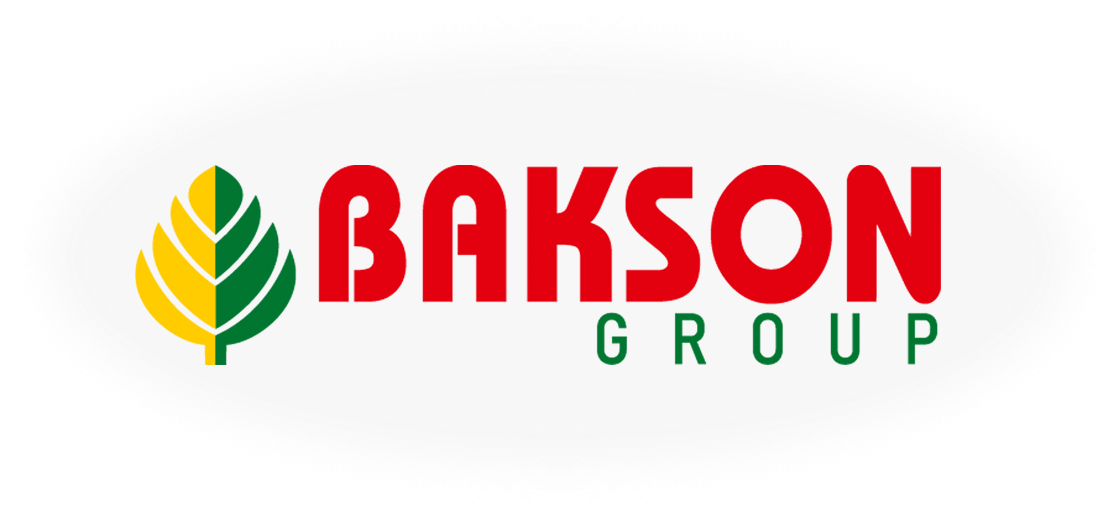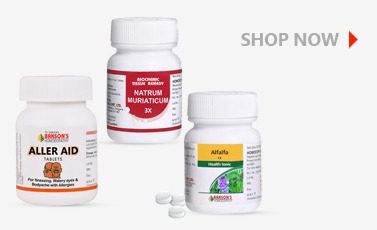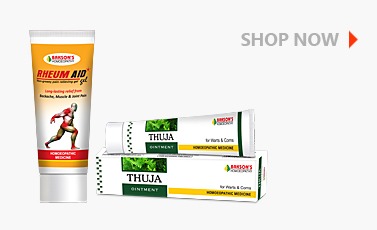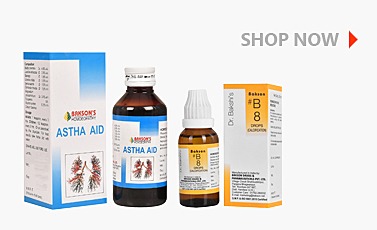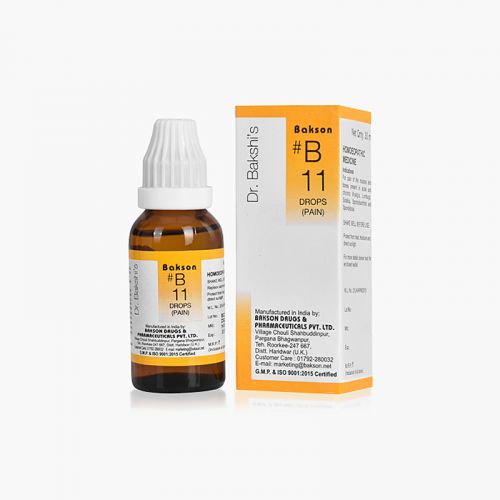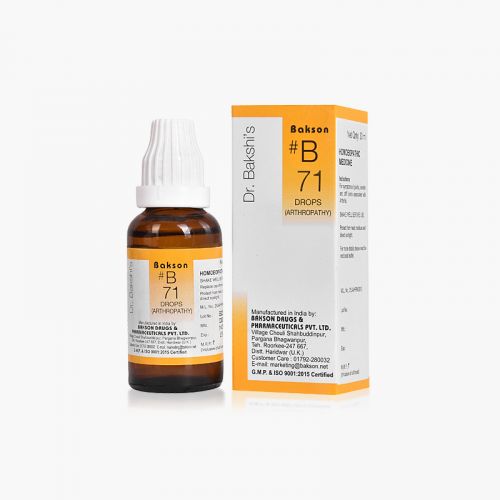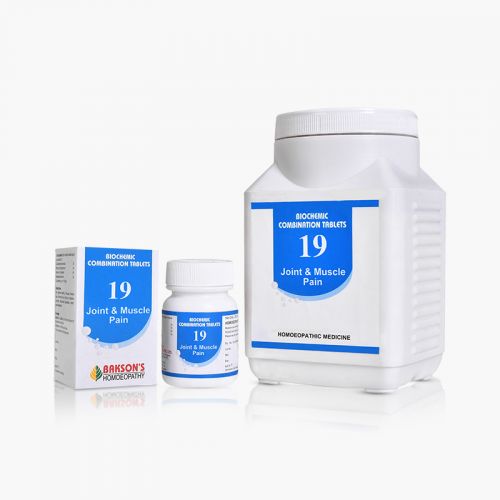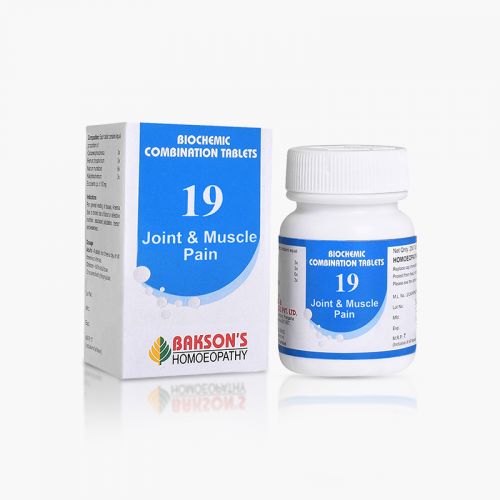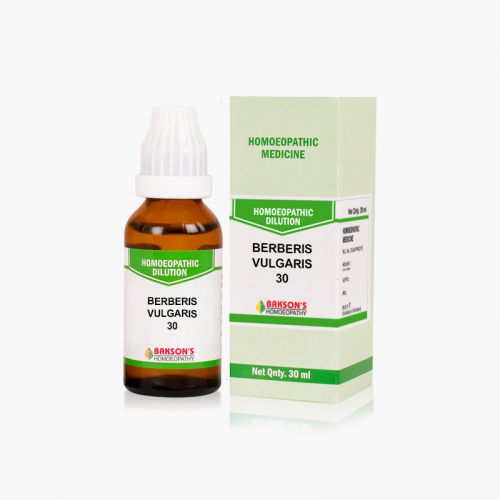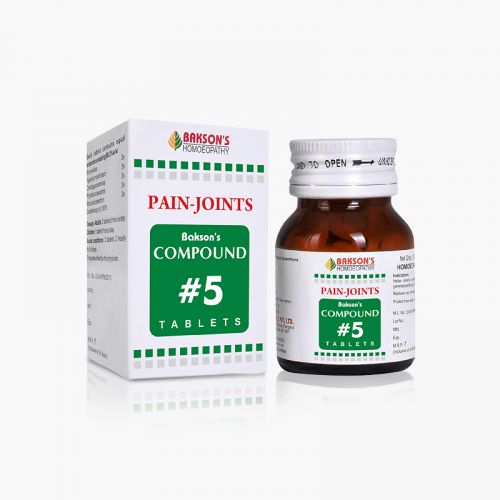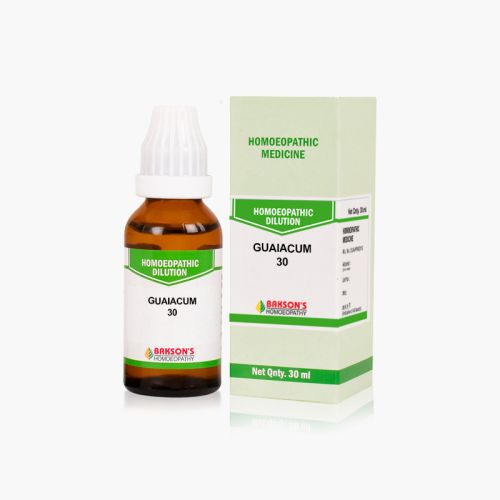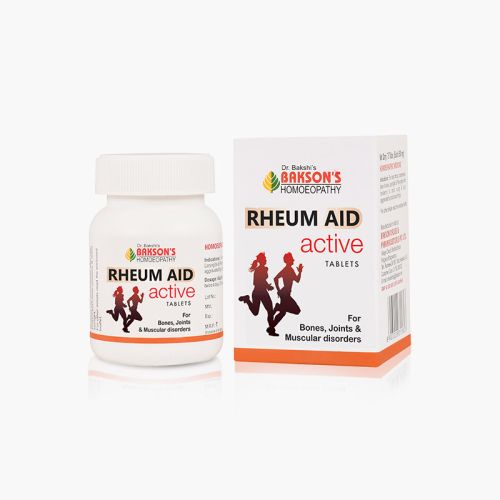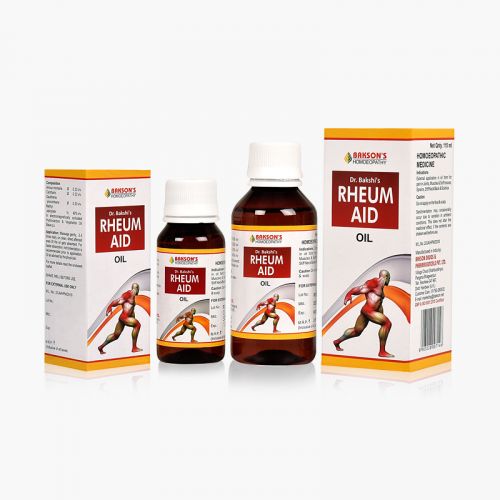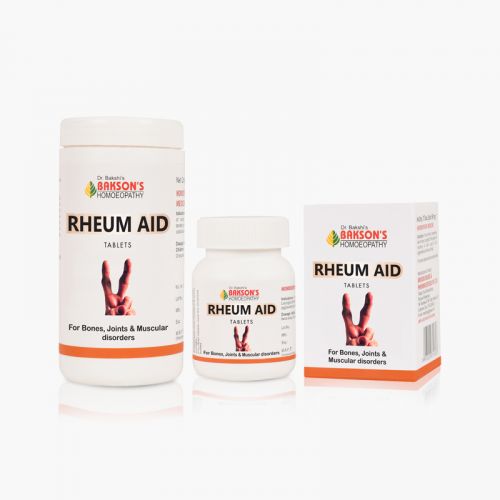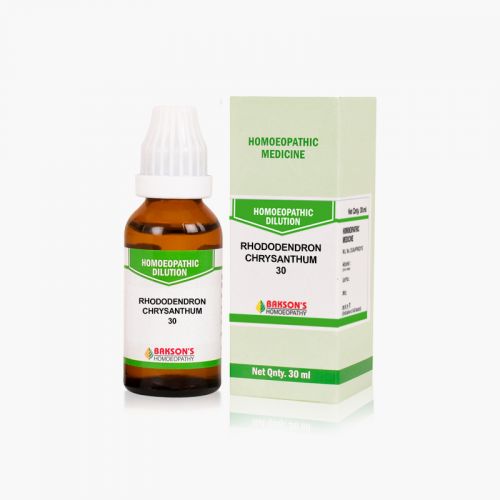We use cookies to make your experience better. To comply with the new e-Privacy directive, we need to ask for your consent to set the cookies. Learn more.
What is Gout?
Gout is a metabolic disease marked by a painful inflammation of the joints, deposits of urates in and around the joints, and usually an excessive amount of uric acid in the blood.
It is characterized by monosodium urate (MSU) monohydrate crystals deposition in the tissues. The prevalence of gout is higher among individuals with chronic diseases such as hypertension, chronic kidney disease, diabetes, obesity, congestive heart failure, and myocardial infarction.
Risk Factors
- Hyperuricemia is the most important cause of gout.
- Other factors implicated for gout and/or hyperuricemia include older age, male sex, obesity, a purine diet, alcohol, medications, comorbid diseases, and genetics.
- Medications include diuretics, low dose aspirin, ethambutol, pyrazinamide, and cyclosporine.
- Several genes are also known to be associated with gout.
- Dietary sources that contribute to hyperuricemia and gout include consumption of animal food such as seafood (e,g., shrimp, lobster), organs (e.g., liver, and kidney), and red meat (pork, beef).
- Some drinks like alcohol, sweetened beverages, sodas, and high-fructose corn syrup may also contribute to this disease.
Triggers
Conditions that cause alterations in extracellular urate concentration can trigger a flare-up. These conditions include stress (surgical procedure, recent trauma or starvation), dietary factors (e.g., fatty food, beer, wine, and spirits), and drugs (e.g., aspirin, diuretics, or even allopurinol).
Signs and Symptoms
The most commonly involved joint is the first metatarsophalangeal joint. The talar, subtalar, ankle, and knee can also be involved in some cases. Patients present with acute onset of joint pain. The pain is often sudden waking the patient from sleep or may have developed gradually over a few hours before the presentation, with the maximum intensity of pain reaching at 24 hours. Gout flare-ups cause local inflammation which presents as erythematous, swollen and a warm joint. Systemic features of the joint inflammation may include fever, general malaise, and fatigue.
The affected joint is typically red, swollen, warm, and tender. Tophi, which are subcutaneous depositions of urate that form nodules, can also be found in patients with persistent hyperuricemia. Tophi typically occur in the joints, ears, finger pads, tendons, and bursae.
Diagnosis
Monosodium urate crystal identification is the gold standard for gout diagnosis. Laboratory studies such as white blood cell count, erythrocyte sedimentation rate (ESR), and C-reactive protein (CRP) may be elevated but do not confirm the diagnosis.
Hyperuricemia is helpful in the clinical diagnosis of gout in symptomatic patients, but hyperuricemia alone does definitively confirm the diagnosis. Ultrasonography and dual-energy CT (DECT) can also help in the diagnosis of gout but are not usually advised.
Management
- Patients with gout are encouraged to modify their lifestyles to prevent future attacks.
- Diet recommendations include reducing alcohol consumption, limiting purine-rich foods (meat, seafood, high fructose corn syrup, and sweetened soft drinks) and substituting low-fat or non-fat dairy products for their higher fat content counterparts.
- Weight loss and adequate hydration helps reduce gout flare-up frequency.
- These changes will complement medical therapy but often are not enough alone to combat or reverse gout.
Warning: Above information provided is an overview of the disease, we strongly recommend a doctor's consultation to prevent further advancement of disease and/or development of complications.
Disclaimer: The information provided herein on request, is not to be taken as a replacement for medical advice or diagnosis or treatment of any medical condition. DO NOT SELF MEDICATE. PLEASE CONSULT YOUR PHYSICIAN FOR PROPER DIAGNOSIS AND PRESCRIPTION.
- ACIDUM BENZOICUM 30₹ 100.00
- BAKSON #B 11 DROPSSpecial Price ₹ 160.00 Regular Price ₹ 200.00
- BAKSON #B 71 DROPSSpecial Price ₹ 160.00 Regular Price ₹ 200.00
-
- BCT # 19 (JOINT & MUSCLE PAIN)-250TABSpecial Price ₹ 84.00 Regular Price ₹ 105.00
- BERBERIS VULGARIS 30₹ 100.00
- COMPOUND #5 TABLETS-100TABSSpecial Price ₹ 108.00 Regular Price ₹ 135.00
- GUAIACUM 30₹ 100.00
- RHEUM AID ACTIVE TABLETS - 75 TABSSpecial Price ₹ 172.00 Regular Price ₹ 215.00
-
-
- RHODODENDRON 30₹ 100.00
